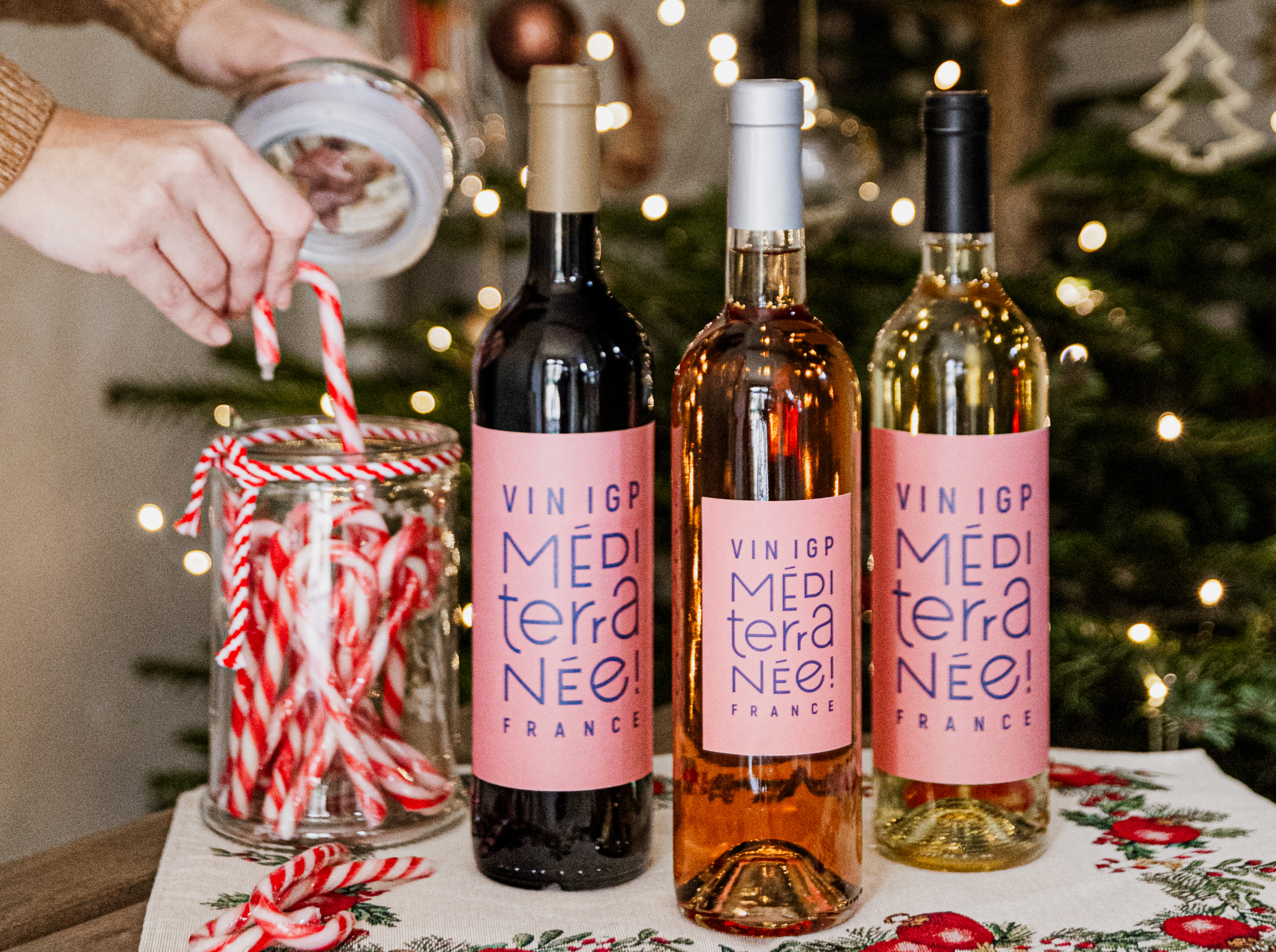Southern Star
Kumala’s recent success is as spectacular as its original failure. It went back to the drawing board to chalk up a much improved set of sales figures. Robyn Lewis reports
The Kumala brand is undoubtedly one of the most successful products to emerge out of the South African vineyards. It is now the UK’s fifth biggest wine brand by volume, after enjoying one of the most dramatic volume growths last year, according to AC Nielsen, and is arguably South Africa’s most successful wine brand ever.
Yet, on its launch in 1995, the brand was a spectacular failure. It should have gone brilliantly since at that time Kumala was, in UK marketing manager Paul Sullivan’s own words "in the right place at the right time."
One year after South Africa’s re-entry into export markets the only real competition was KWV, a brand which was perceived at that time, as mediocre at best. "KWV had been around for a long time but that did them more harm than good actually, as they seemed very old fashioned," says Sullivan.
"Kumala was really the first significant brand to come out of South Africa but, looking back at that first launch, there were several obvious mistakes and basically, it was done in completely the wrong way.
We were shipping it in bulk from South Africa and bottling it here in the UK. The label was old-fashioned and it was sold too cheaply." A few years on the decision was taken to re-launch the brand and the Kumala team went right back to the fundementals of the product and improved the wine from the
After that, bottling was moved back to South Africa from the UK. Only then did the repackaging and promotional activity finally come and with that the run away success. Since then the brand has gone from strength to strength and from the original 36,251 cases sold in 1996, two million were sold last year.
"The Kumala brand was, and continues to be, a brand of innovation," says Sullivan. "We brought in blends at entry level and put a tap on the bottom of our bag-in-a-box white wine to make it fridge-friendly.
This kind of constant modernisation and attention to detail has really paid off for us and we want to continue in the same way. Even now we have a commitment to improving the quality of packaging year on year."
Partner Content
Sullivan is proud of the improvements that have been made. "If anyone is to learn anything from the brand it’s what a can-do attitude and flexible approach can achieve," he says.
"We’ve had to adapt to the industry and being a smaller company has allowed us to do that. We don’t have the constraints that larger companies have so when we wanted to develop a large range we had the flexibility to do so [there are 16 wines in the Kumala range, with eight at entry point level alone].
Now, thanks to the time and effort we have put into developing a good relationship with the growers over the years, we are in a very good position to develop the brand’s more premium range of wine offerings."
This kind of foresight means that, at a time when the South African industry is looking to push an increase on the average price-points of its wines, Kumala is in a very good position to do just that.
"Hopefully we have not only developed wines that are good enough to be called premium and reserve wines but have developed a brand that people trust enough to be encouraged to spend a bit more with," says Sullivan.
"South Africa needs to get its premium act together. It is pitiful in comparison with Australia and South America."
The new super-premium and reserve ranges in the UK have done well and in a Tesco trial, Kumala is running "slightly short" on the white variety, says Sullivan. "Of course the other challenge we face is developing our on-trade sector, since right now 90% of Kumala sales are in supermarkets.
We’ve recently signed a deal with Matthew Clark so we are getting there – slowly but surely." Indeed, if Kumala is to teach us anything, it is that "slowly but surely" is the best way to do it.




